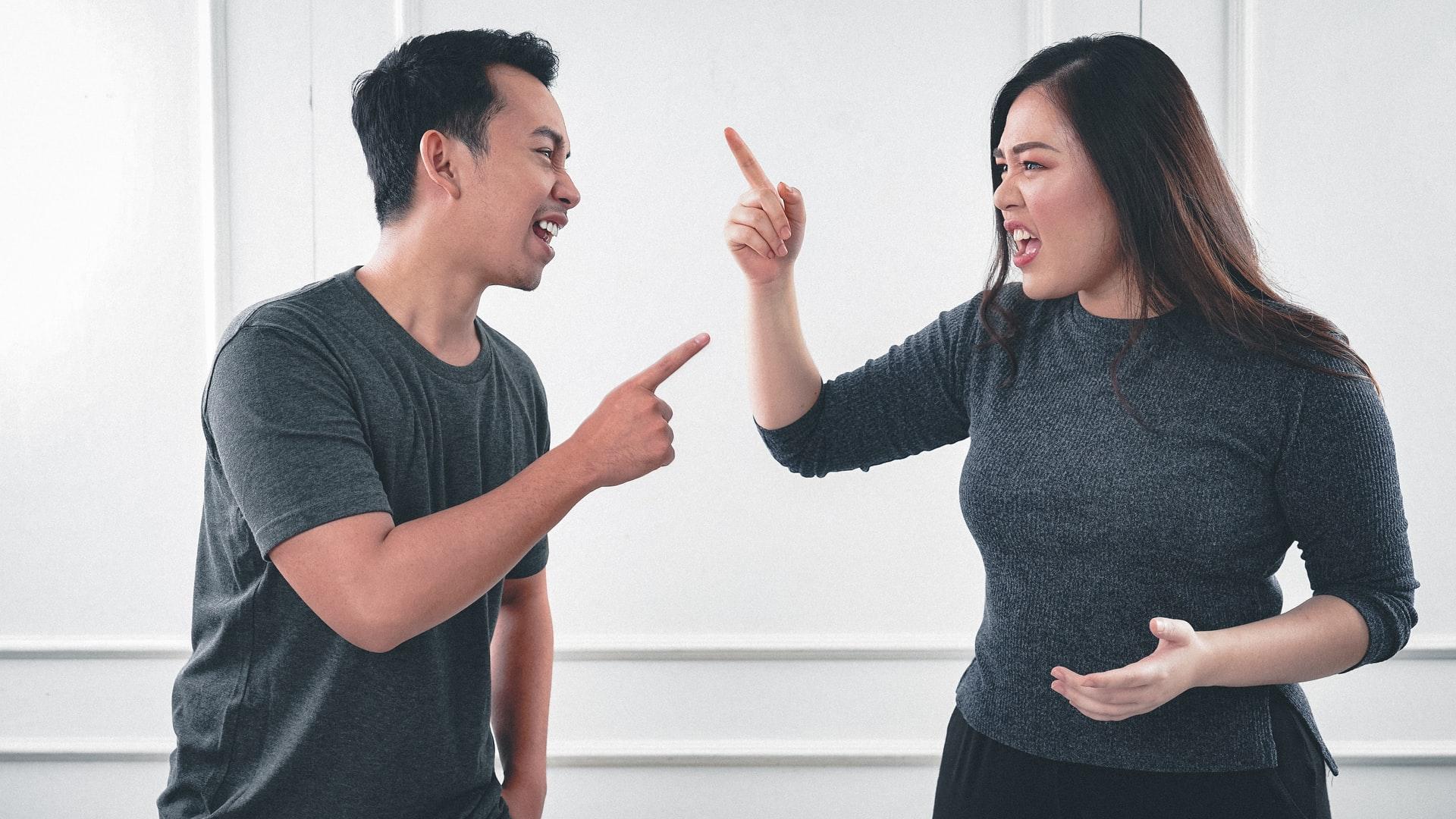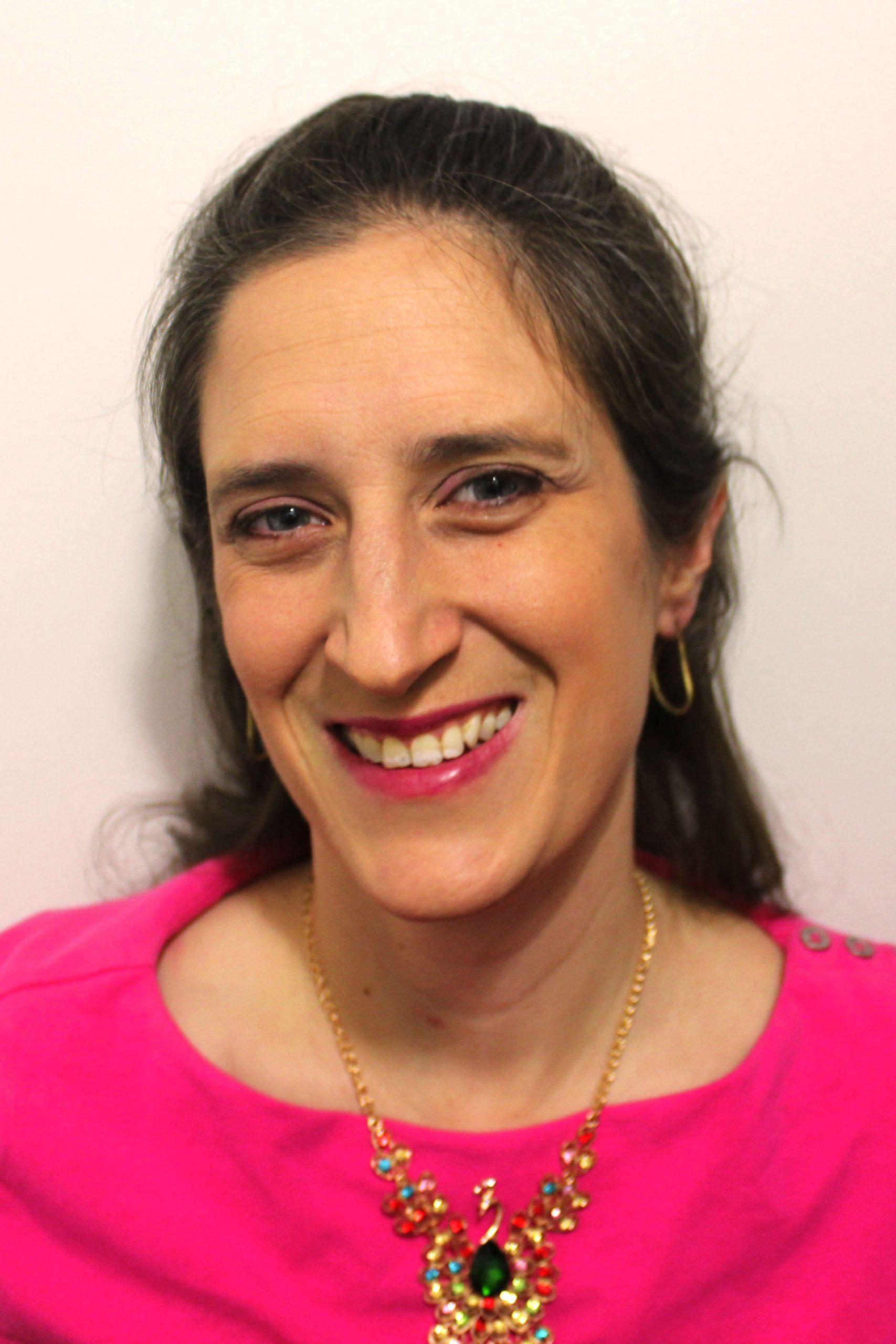Experts Share: How To Talk To Someone Hesitant About COVID-19 Vaccines
Across the world, some folks are hesitant about getting the COVID vaccine for a wide range of reasons. It’s easy to get frustrated, feel helpless or otherwise not know what to do when you’ve got someone in your own life who just isn’t convinced yet to get this life-saving vaccine.
Co-author team of the new book Missing Each Other: How to Cultivate Meaningful Connections, Edward Brodkin, M.D. and Ashley Pallathra, M.A. offer some help in this pursuit of health for your friends and family still hesitant to get the shots.
Dr. Brodkin is an Associate Professor of Psychiatry at the Perelman School of Medicine, University of Pennsylvania, and Ashley Pallathra is a Clinical Psychology PhD Candidate at the Catholic University of America.
Rita Pike: What provoked you to consider this question of convincing friends/family on the fence about the vaccine?
Brodkin/Pallathra: Missing Each Other focuses on the importance and power of interpersonal connection, and how to deepen our connections through a process called attunement. Attunement means the ability to be aware of yourself and the other person you’re talking with and to maintain a connection with each other over the many twists and turns of a conversation.
Our book was published in January 2021, in the midst of the COVID-19 pandemic. As the vaccines became available in the months after our publication date, we realized that attunement could be relevant and helpful for talking with vaccine-hesitant friends and family.
Since publishing our book, we started a blog on Medium in which we explore how Missing Each Other is relevant to current issues in the world, and vaccines seemed like a good fit, so we wrote an article on this topic. Our article provides tips for talking with people who are still hesitant to get vaccinated against COVID-19.
The tips we offer come from a well-established, evidence-based approach called motivational interviewing, which is a collaborative approach for strengthening a person’s own motivation to change or to act.
A 2020 paper from the Mayo Clinic cited evidence of the effectiveness of motivational interviewing for increasing rates of vaccination among adults in a general medical practice.
RP: What sort of language do you use to open the discussion with folks?
B/P: Rather than trying to simply provide information or lecture people about the benefits of vaccination, in the motivational interviewing approach, you start by asking the other person what they think about vaccination, and what more they would like to know about it. This approach helps to open up a dialogue and helps you to gain a greater understanding of any specific concerns they might have.
Once you have listened to their perspective, the next step is to ask the person for their permission to share with them some information that you have about vaccination, including data and expert consensus that it is safe and effective and saves lives. You also ask the other person what they see as some positive impacts that vaccination could have on their own lives, and what they care about. You can ask about this in an exploratory, open-ended way, with questions like this: “Do you think there could be any advantages to being vaccinated? What do you think they might be?” This approach is respectful of the other person’s perspectives and priorities and helps to engage with and build their own motivations for getting vaccinated. Motivational interviewing takes patience and often requires more than one conversation before the person decides to get vaccinated. So we advise people to try not to get discouraged if the first conversation or even the first few conversations don’t go as planned.

Photo by Afif Kusuma
RP: If the conversation becomes heated, do you have any suggestions on how to de-escalate and bring the conversation back into a healthy discussion?
B/P: If the conversation becomes heated with a vaccine-hesitant individual, you may have caught them at a moment in which they are upset or irritable for some other reason, and you may consider dropping the subject at that moment and trying again at some other time soon. When you try to re-engage with them, take a deep breath, and remind yourself of the principles of motivational interviewing.
Be sure that you start by asking them about their own thoughts and feelings, rather than lecturing to them. If the conversation becomes heated again, you might politely ask them if something you said was offensive or irritating and try to listen respectfully. Your genuine openness may help to de-escalate the situation.
RP: How can you engage in self-care in the midst of these discussions (both in the middle of them and between)?
B/P: Something that can help with self-care is what we describe in our book Missing Each Other as “Relaxed Awareness,” which means being aware of your own state of mind and body, as well as being aware of the other person while staying fairly calm and relaxed.
We argue that relaxed awareness is the foundation of attunement. Maintaining a state of relaxed awareness isn’t easy when the person you’re talking with gets irritated or says things that are false or even hurtful. To develop stronger relaxed awareness, we offer a series of exercises in our book, starting with exercises that you practice on your own, including stretching and mindfulness breathing while sitting, standing, or walking. There are video demos of these exercises on our website.
We suggest practicing one or two of these exercises on a regular basis, ideally daily, when you are alone. Try to set aside a few minutes each day to practice them. Through that regular practice, you will develop a greater sense of calmness, centeredness, and stability. Then, when you are in the midst of a stressful conversation, you will have a “muscle memory” for that state of relaxed awareness, and you will be able to call upon it, and feel less rattled by the conversation.
Another thing that’s important to remember is to show compassion for yourself. Remind yourself that you are trying your best to share accurate, important information with your friends and family, but that they might not always listen or respond the way you hoped that they would. Remember that you have done your best, and that ultimately the decision will be up to them.
RP: What resources would you send readers to for preparing for and having such conversations?
B/P: A good place to start for information on motivational interviewing is our article on Medium, which includes hyperlinks to several relevant scientific studies.
[Additional resources include]:
RP: Anything else you would like to add on the topic?
Some people don’t need much convincing — they were the ones who couldn’t wait to get vaccinated, based on the scientific, medical, and public health recommendations. But for those who are ambivalent, the power of connection and attunement can make all the difference. Try to remain kind and respectful. And while trying to help others, also remember to have compassion for yourself, and take good care of yourself.
You may follow Dr. Brodkin and Pallathra on their social media accounts or their blog at Psychology Today to learn more about these conversations and more.







